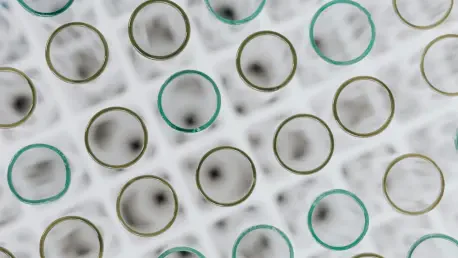
Recent preclinical studies offer a glimmer of hope for millions battling formidable solid tumors. Nagoya University's breakthrough work in CAR-T cell therapy, focusing on the Eva1 protein, presents a potential paradigm shift. Amidst rising global cancer rates, these developments could redefine

The world has long been challenged by the persistence of per- and polyfluoroalkyl substances, commonly known as PFAS, due to their stubborn nature and resistance to environmental degradation. These chemicals are essential in numerous industrial applications, leading to an accumulation in ecosystems

The recent proposal by Food Standards Australia and New Zealand (FSANZ) has sparked a heated debate regarding the potential deregulation of genetically modified (GM) foods, positioning Australia at a critical juncture in food regulation. The proposal, known as Proposal P1055, has drawn significant

The synthetic biology market is on an unprecedented trajectory, projected to swell to $40 billion by 2032. This substantial growth reflects synthetic biology's rising influence across numerous critical sectors, including healthcare, agriculture, industrial biotechnology, and environmental

Cancer treatment, long considered a formidable challenge, has seen significant advancements with the collaboration of engineering and biomedical sciences. The Cancer Bioengineering Collaborative represents a milestone in merging these disciplines to revolutionize cancer diagnosis, monitoring, and

Male infertility is an emotional and complex issue affecting numerous individuals and couples worldwide, posing significant medical challenges. One of the significant contributors to this challenge is non-obstructive azoospermia (NOA), a severe condition where men produce little or no sperm. Recent